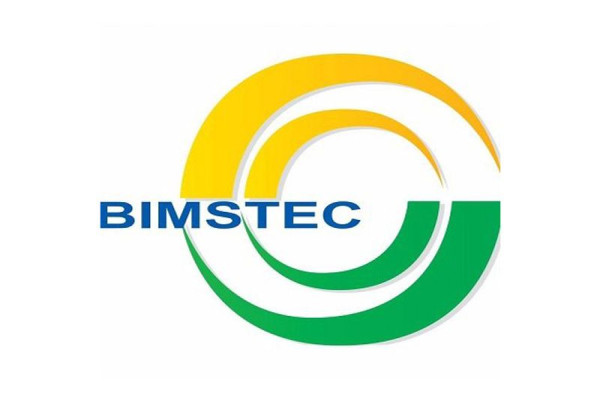The 6th BIMSTEC Summit opens in Bangkok on Friday in the wake of an earthquake, which was mild in Thailand but devastating in neighbouring Myanmar with an estimated 2000 dead and counting.
That the earthquake struck in the fourth year of Myanmar’s civil war has added to the complexity of relief and rescue operations where India is playing a key role.
Bangladesh too is in a political mess having thrown out Prime Minister Sheikh Hasina, but with no indication who or what will succeed her. It has fuelled strains between Delhi and Dhaka, while the unresolved Rohingya issue between Dhaka and Naypyidaw, remains a festering sore.
These are bilateral issues but could find play at the BIMSTEC summit, testing the theme Prosperous, Resilient and Open.
Prime Minister Modi lands in Bangkok on Thursday and after the official welcome ceremonies, will sit down with BIMSTEC leaders to oversee the signing of the Agreement on Maritime Cooperation. It is expected to ensure smoother trade and mobility across the region.
There is a view that Modi having driven the grouping beginning with the Leaders Retreat in Goa in 2016, and also given that India is the regional giant with a GDP nearing $4 trillion (Thailand follows with $500 billion, Bangladesh $455 billion), it should take the lead in a number of areas.
Building infrastructure in the Andaman Islands to make it a major regional economic hub, is one, also developing ports on the eastern seaboard, modernising seafaring regulations and generally facilitating the ease of doing maritime business.
There will be discussions on the Motor Vehicles Agreement that could pave the way for easier travel by road between member states, opening up new avenues for trade, tourism, and other collaboration.
Of course the civil war in Myanmar is an impediment in that respect. Bhutan too has had doubts about allowing vehicles from other BIMSTEC member states on its roads, citing impact on the environment and other issues.
India’s BIMSTEC Centre for Weather and Climate is expected to play a crucial role in helping forecast weather patterns while the Energy Centre in Bengaluru will pitch in on energy security. The creation of a regional energy grid aligns with Prime Minister Modi’s vision of “One World, One Sun, One Grid”, which aims to provide sustainable energy solutions across borders.
India leads the security pillar of BIMSTEC, and the focus will be on counter-terrorism, maritime security, and disaster management. Combating transnational crime and extremism are other areas of interest.
BIMSTEC’s disaster relief mechanisms and Humanitarian Assistance and Disaster Relief (HADR) exercises ensure that members can respond swiftly and efficiently to calamities, reducing human suffering and saving lives.
India’s leadership in organizing disaster management training and providing weather data through the BIMSTEC Centre enhances the region’s capacity to handle crises.
The leaders will discuss the adoption of the Bangkok Vision 2030, a document that will set the course for the next phase of BIMSTEC’s journey. Additionally, the BIMSTEC Eminent Persons Group’s report will be endorsed, offering a roadmap for future cooperation.
The region’s growing importance in the global economy, coupled with the increasing focus on digital and infrastructure connectivity, positions BIMSTEC as a key player in the evolving geopolitical landscape of Asia.





